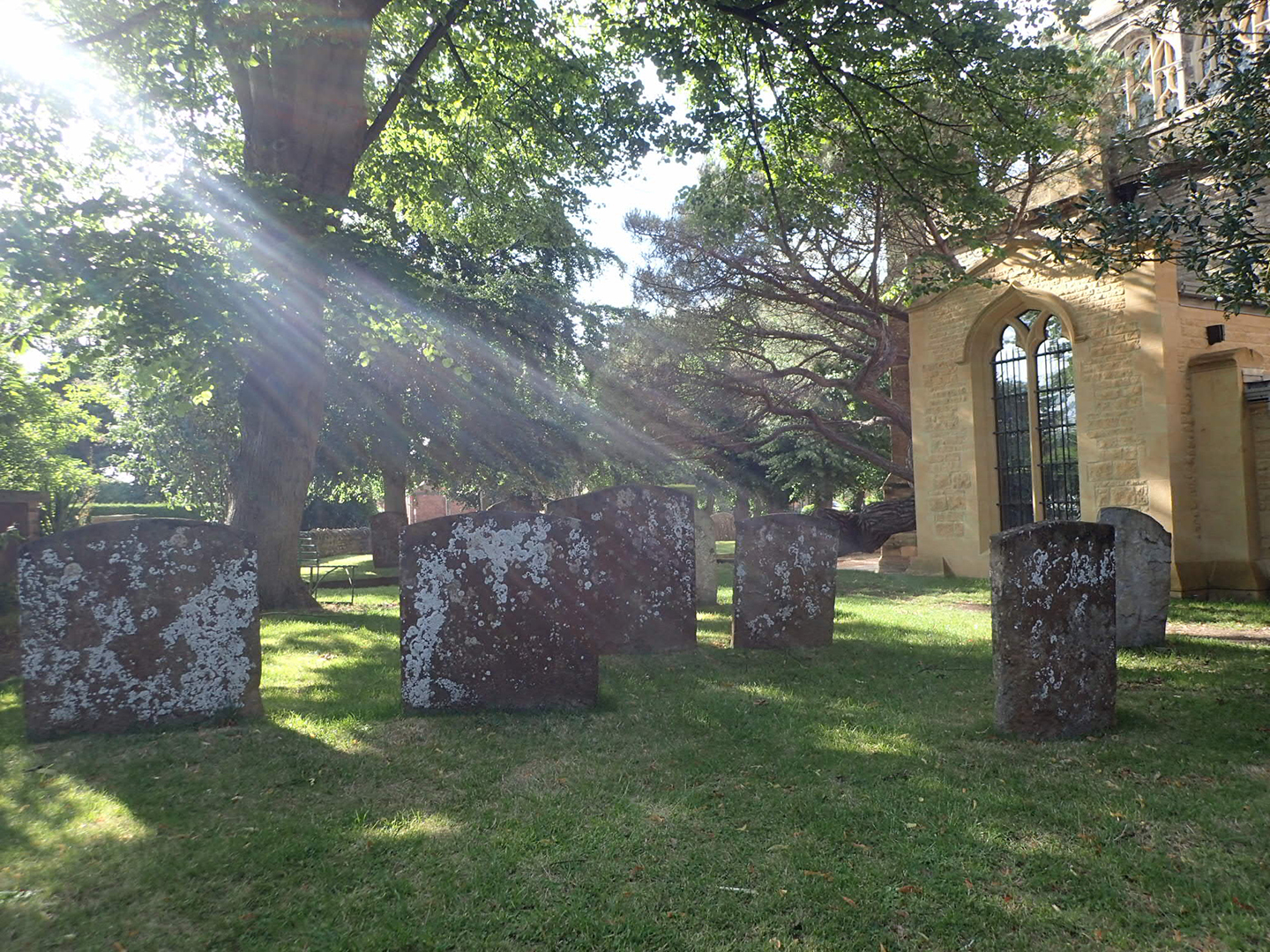The story you tell yourself matters.
In one of the earliest studies on personal story editing, researchers gathered 40 college freshman at Duke University who were struggling academically. Not only were they worried about grades, but they questioned whether they were intellectual equals to other students at their school.
The students were divided into intervention groups and control groups. Students in the intervention group were given information showing that it is common for students to struggle in their freshman year. They watched videos of junior and senior college students who talked about how their own grades had improved as they adjusted to college.
The goal was to prompt these students to edit their own narratives about college. Rather than thinking they weren’t cut out for college, they were encouraged to think that they just needed more time to adjust.
The intervention results, published in The Journal of Personality and Social Psychology, were startling. In the short term, the students who had undergone the story-changing intervention got better grades on a sample test. But the long-term results were the most impressive.
Students who had been prompted to change their personal stories improved their grade-point averages and were less likely to drop out over the next year than the students who received no information. In the control group, which had received no advice about grades, 20 percent of the students had dropped out within a year. But in the intervention group, only 1 student — or just 5 percent — dropped out.
This ties in with the fixed vs. dynamic theory of learning. If you believe in “fixed performance,” you think you’re either good at something or you’re not. Nothing to be done about it. But if you take up the mindset of dynamic learning, you believe that even though you might not be so great at the beginning, you can get better.
So many of my students say, “I’m not creative,” or “I’m not a good writer.” This isn’t just something they tell me, of course. This is a story they’re telling themselves. A story that is squarely in the fixed camp of learning.
What would happen if they changed their story? “Of course I’m struggling a bit with writing right now. I don’t have a ton of experience. But with a little time, and a little teaching, I could get better.”
In all likelihood, they would. This is the story I’m telling myself, anyway.
